The 2022 version of SURE was held on campus in Fusion on March 16th and was the first face to face gathering since the pandemic. More than 30 undergraduate students from all faculties did oral presentations or academic posters. Students were supported by the SURE planning committee with representatives from each faculty as well as other academics acting as chairs and assessors in parallel streams. BU’s Doctoral College was also involved, supporting PG programmes and also Natalie Stewart as adjudicator. Overall the event is supported by BU’s Event team as well as Rae Bell with communications. Mini-keynote addresses were also given by new FHSS Executive Dean Professor Anand Pandyan and BUBS Sustainability researcher and academic Maria Musarskaya. The gathering was also opened by Vice Chancellor John Vinney who also awarded the prizes to the students at the end.
Overall Prize Winners include:
Thomas Marshall (BUBS) £20 voucher – The Effect of Technology on Flexible Working Arrangements
Nathan Jacques Le Blancq (FHSS) £20 voucher – Queer Care – The identification of queer change effort victims in the pre-hospital setting
Looked at ‘gender conversion therapy’, covering the legal standing and the implications for health, physical and mental, and treatment received in the NHS as well as suggesting clear, practical opportunities to improve.
Androula Theocharous (FMC) – BCUR participation at Uni of Leeds – Creation of cultural and historical accurate character designs
Saga Oskarson KIndstrand (FMC) – Masters Fee Waiver award – Community and civic engagement in the Swedish ‘Folkhem’
This year’s edition of SURE was also aligned with a sustainability theme. Although not a requirement of students to address it in their work, the programme was taken in by BU’s Sustainability team in Lois Betts and Eleanor Wills to review work that helps to highlight the UNSDG’s.
BU’s Sustainability Manager Lois Betts commented that. “Student research can contribute to solving world problems across the full breadth of Sustainability issues and we used the United Nations Sustainable Development Goals to assess where students work has links across environmental, economic and social issues”.
The sustainability team recognised a student from each of the 4 faculties (BUBS, SciTech, HSS and FMC). Issues ranged from understanding the impact of technology on flexible working from Thomas Marshall (BUBS) in the management school to Kira Doak’s (FMC) work on representations of feminism in Bridgerton which raised issues of race, class and gender in modern media from the faculty of media. BU’s sustainability team were impressed with Elaina Thomas’ (FST) science and technology work on magnetic bacteria in migratory species and the implications of human activity and finally from faculty of health and social science Nathan Jacques Le Blancq’s (HSS) work entitled ‘Queer Care – The identification of queer change effort victims in the pre-hospital setting’ covered a wide range of SDGs including 3 good health and wellbeing, 4 quality education, 5 gender equality, 10 reduced inequalities and 16 peace, justice and strong institutions. “Being able to identify the implications of your research on global problems and articulate them through presentations will help student research to contribute to addressing world problems. Well done to everyone involved!” Lois Betts, Sustainability Manager BU.
Below capture the assessment of the UNSDG alignment with the work that the student’s covered relating to sustainability:
BUBS
Thomas Marshall – The Effect of Technology on Flexible Working Arrangements
Showed the gender dynamics of flexible working and impacts on wellbeing and responsibility of the employer to create fulfilling and fair employment –
Scored highly in SDG3 Good health and wellbeing, 5 Gender equality and 8 decent work and economic growth.
FMC
Kira Doak – Representations of intersectional feminisms in Bridgerton
Looked into gender, race and class in modern media and the impact of cultural conversation that creates.
SDGs linked 5 gender equality, 10 reduced inequalities and 4 quality education.
FST
(Jasmine) Elaina Thomas – Phylogenetic Associations and Proteins Integral to magnetotaxis of Host Associated Magnetotactic
Suggesting that migratory animals like birds and turtles rely on magnetic bacteria which can be influenced by human activity.
SDGs 15 life on land, 14 life below water and 9 industry, infrastructure and innovation.
FHSS
Nathan Jacques Le Blancq – Queer Care – The identification of queer change effort victims in the pre-hospital setting
Looked at ‘gender conversion therapy’, covering the legal standing and the implications for health, physical and mental, and treatment received in the NHS as well as suggesting clear, practical opportunities to improve.
Covered SDGS 3 good health and wellbeing, 4 quality education, 5 gender equality, 10 reduced inequalities and 16 peace, justice and strong institutions.
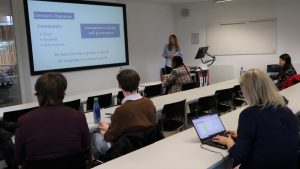
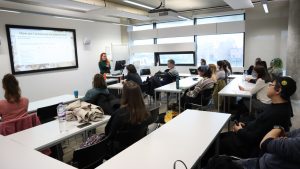
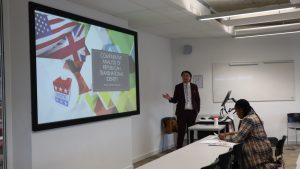
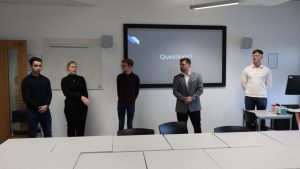
 COST Actions are typically made up of researchers from academia, SMEs, public institutions and other relevant organisations or interested parties. It is open to all science and technology fields, including new and emerging fields. COST Actions offer an inclusive, pan-European environment for individuals of all levels of seniority.
COST Actions are typically made up of researchers from academia, SMEs, public institutions and other relevant organisations or interested parties. It is open to all science and technology fields, including new and emerging fields. COST Actions offer an inclusive, pan-European environment for individuals of all levels of seniority. BU may not be in a position to lead large multi-national consortia, however BU academics may be invited to join a proposal led by another institution.
BU may not be in a position to lead large multi-national consortia, however BU academics may be invited to join a proposal led by another institution.



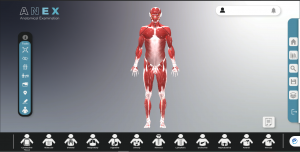
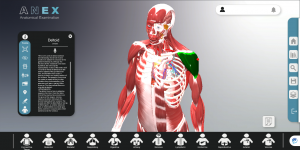
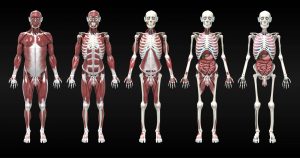
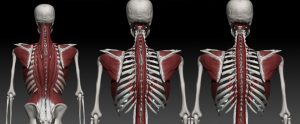
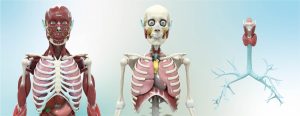
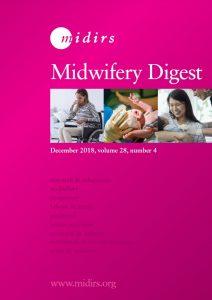

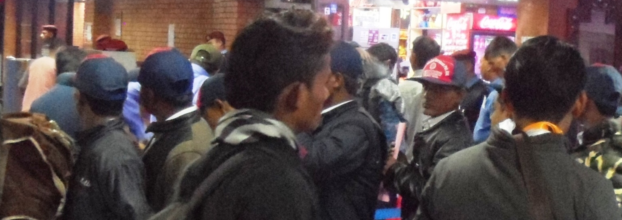

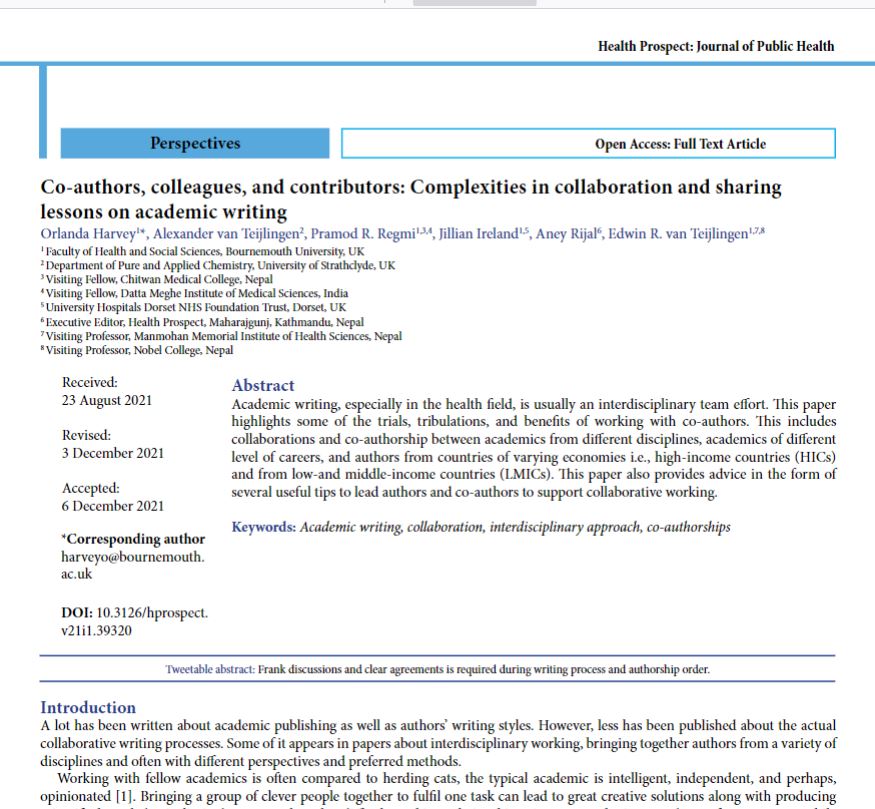
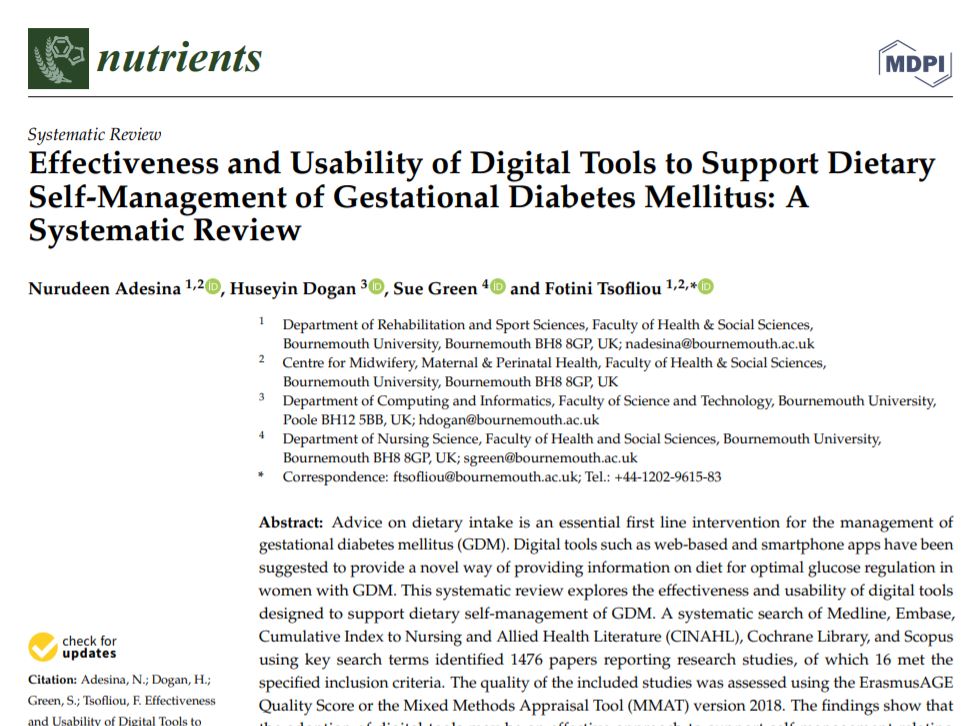
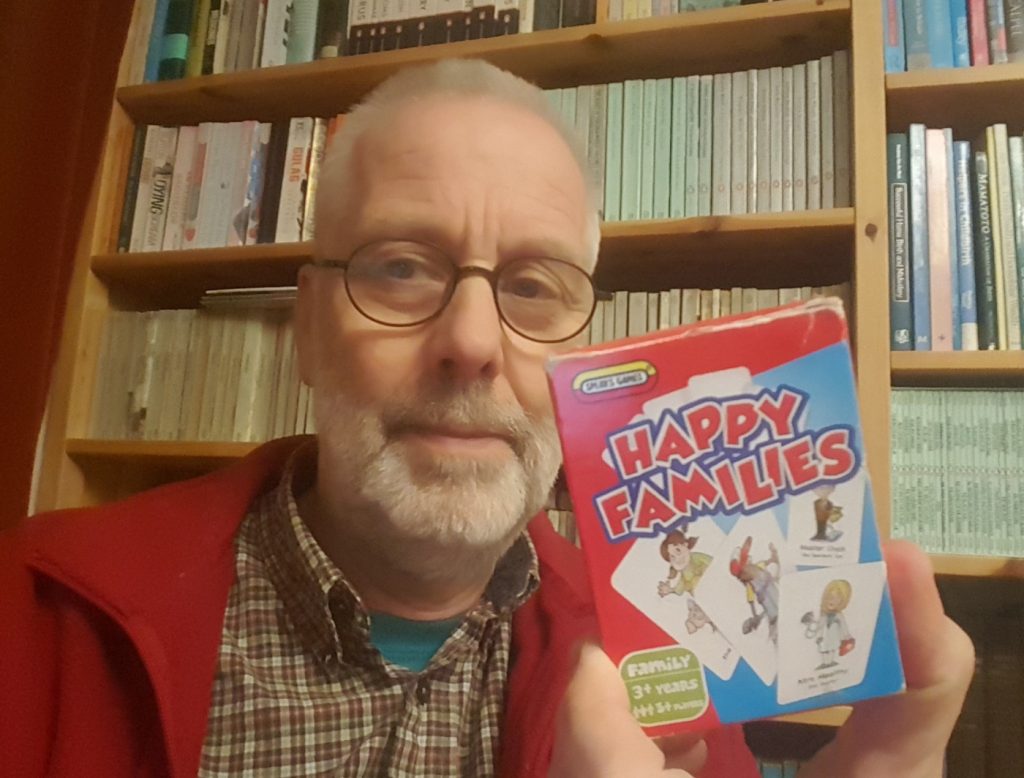
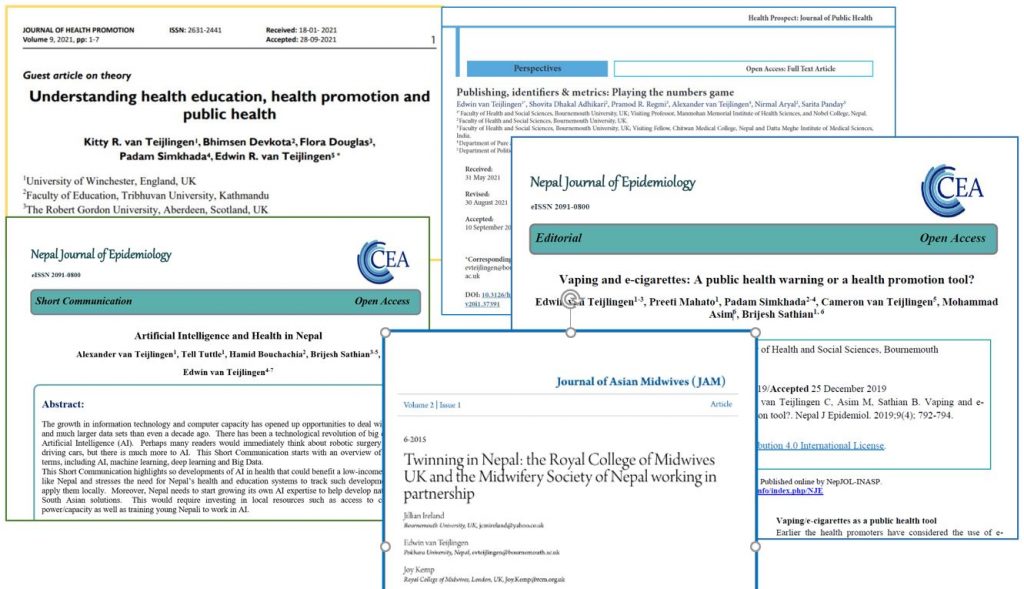
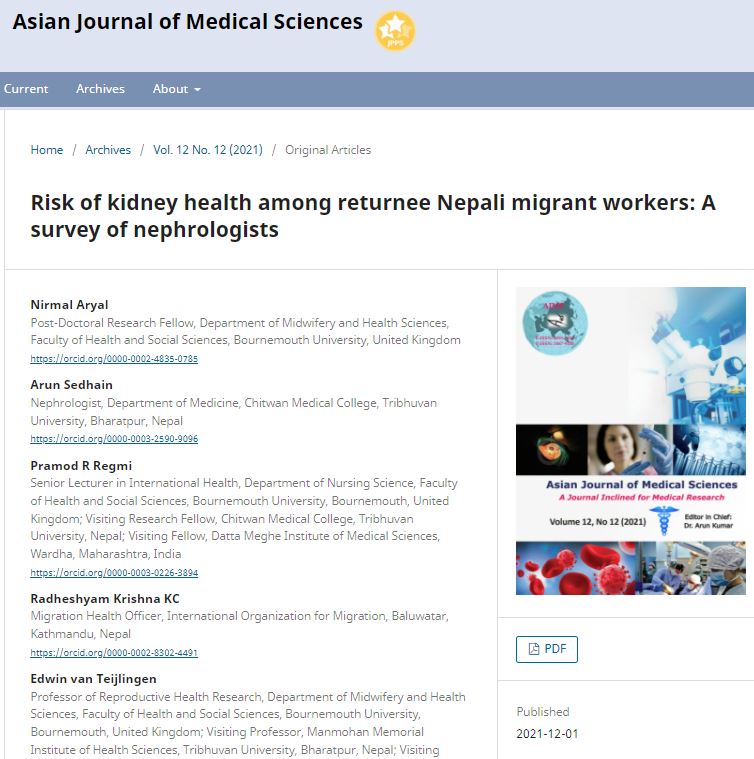

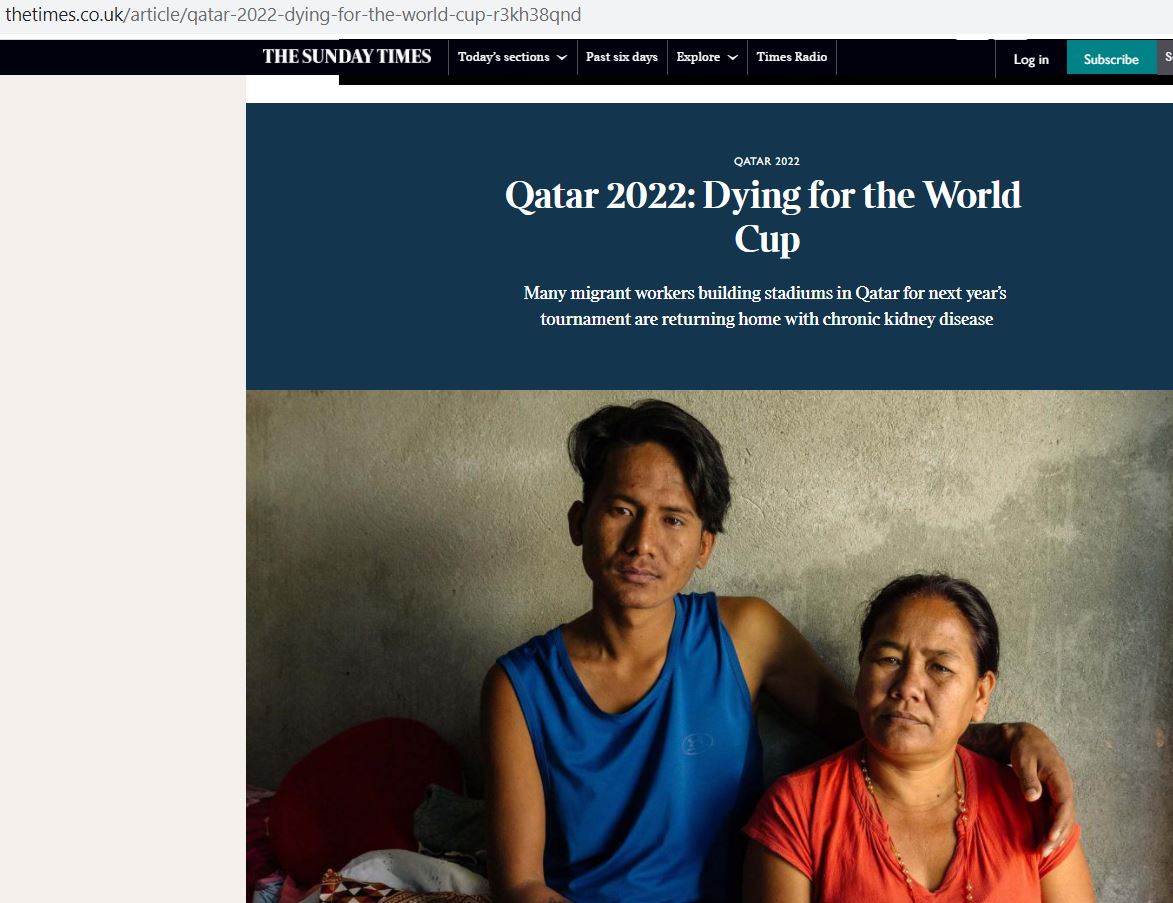
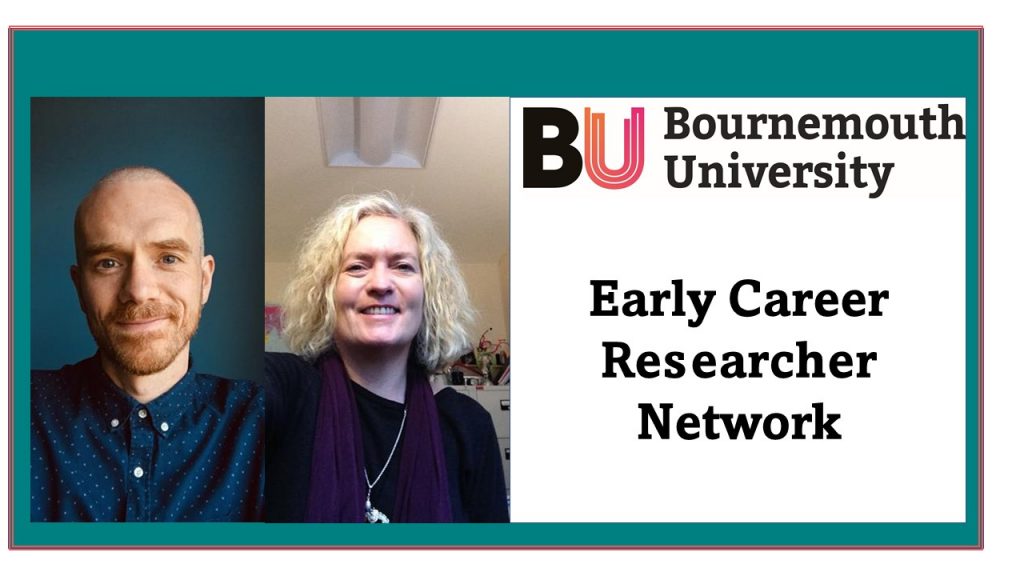
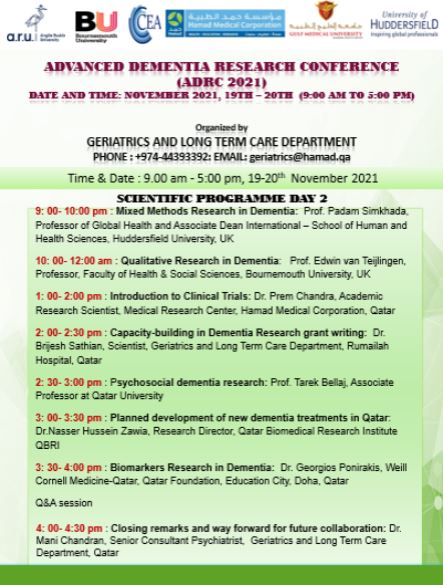
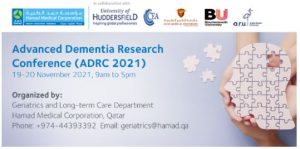











 New CMWH paper on maternity care
New CMWH paper on maternity care From Sustainable Research to Sustainable Research Lives: Reflections from the SPROUT Network Event
From Sustainable Research to Sustainable Research Lives: Reflections from the SPROUT Network Event REF Code of Practice consultation is open!
REF Code of Practice consultation is open! ECR Funding Open Call: Research Culture & Community Grant – Apply now
ECR Funding Open Call: Research Culture & Community Grant – Apply now ECR Funding Open Call: Research Culture & Community Grant – Application Deadline Friday 12 December
ECR Funding Open Call: Research Culture & Community Grant – Application Deadline Friday 12 December MSCA Postdoctoral Fellowships 2025 Call
MSCA Postdoctoral Fellowships 2025 Call ERC Advanced Grant 2025 Webinar
ERC Advanced Grant 2025 Webinar Update on UKRO services
Update on UKRO services European research project exploring use of ‘virtual twins’ to better manage metabolic associated fatty liver disease
European research project exploring use of ‘virtual twins’ to better manage metabolic associated fatty liver disease